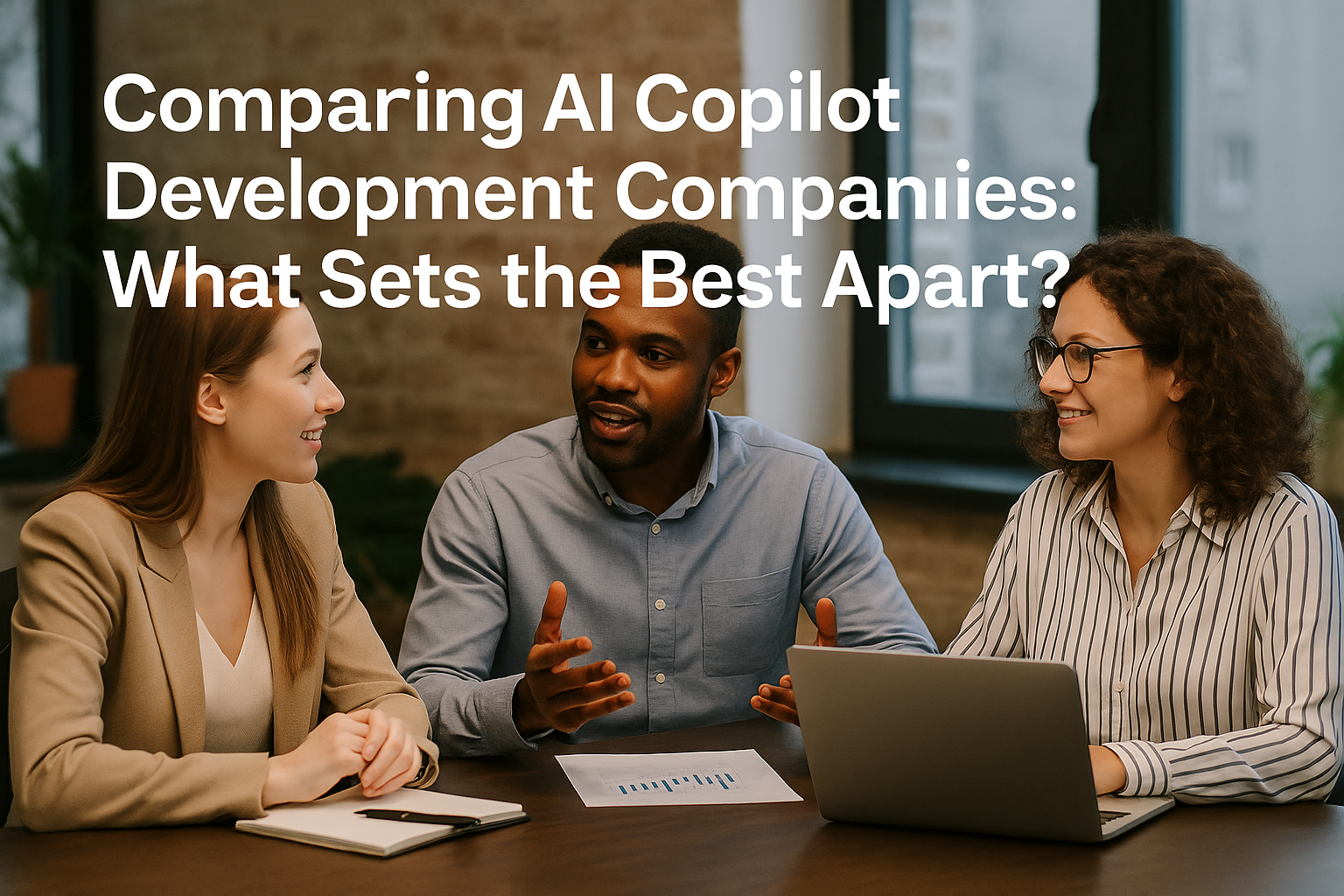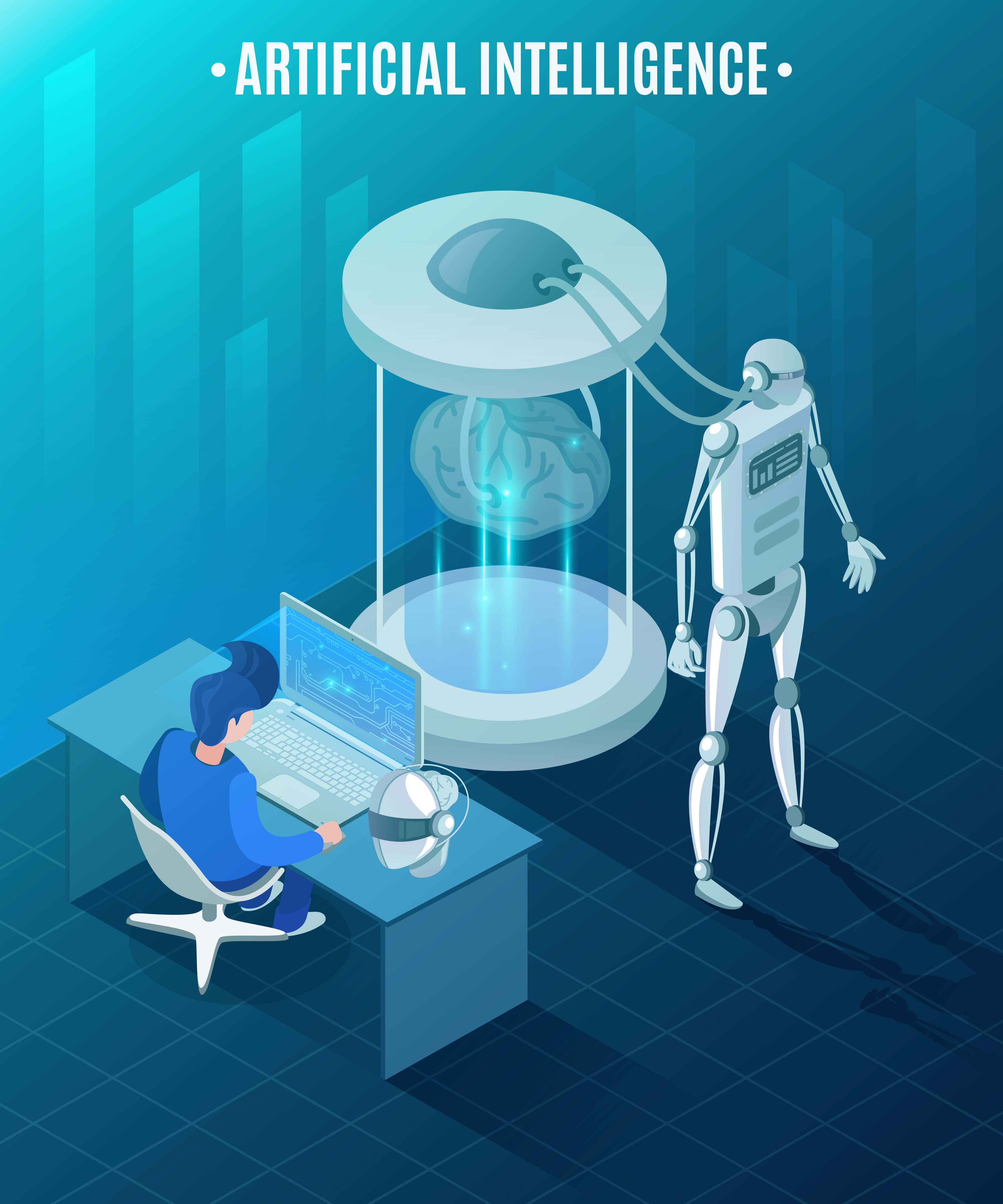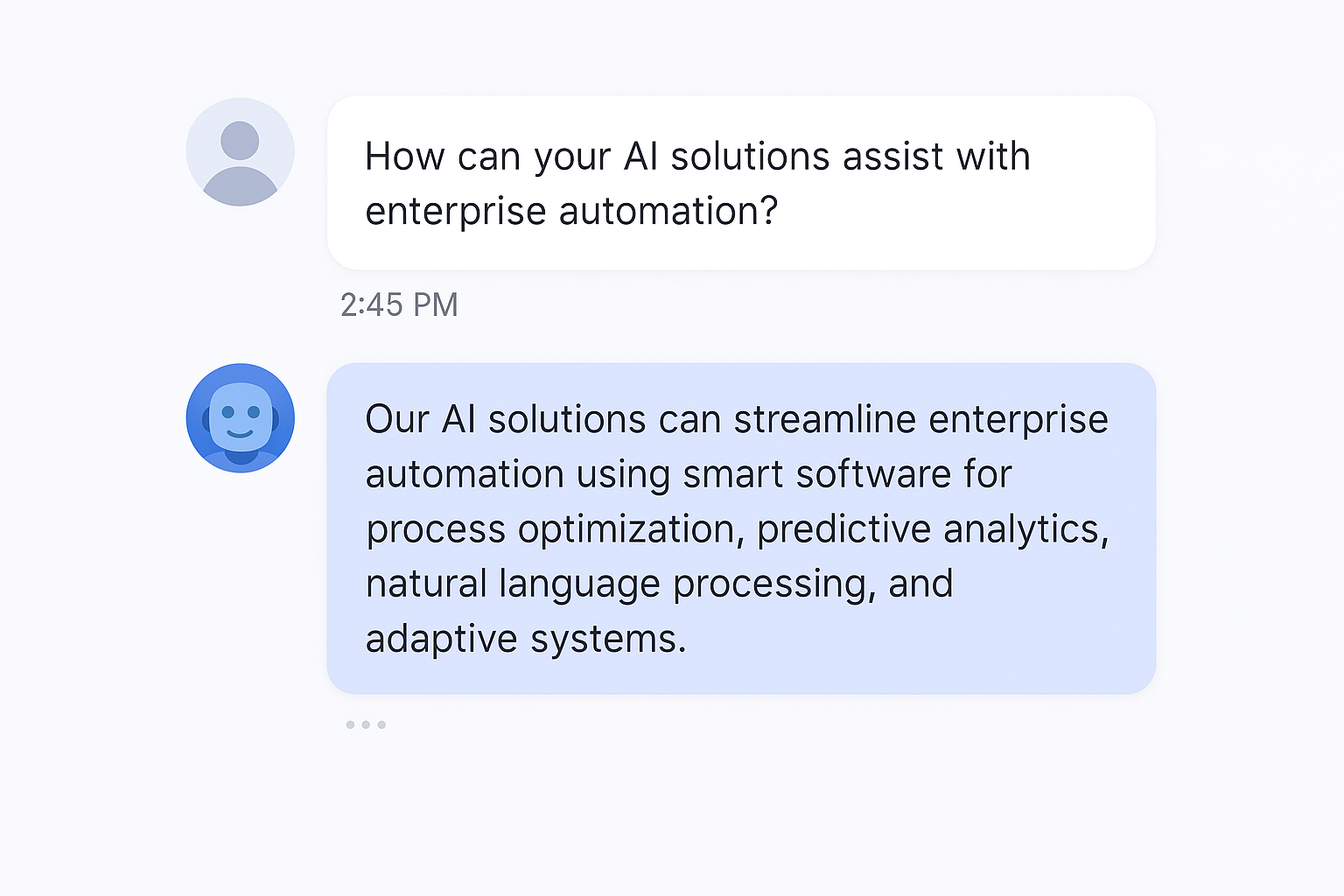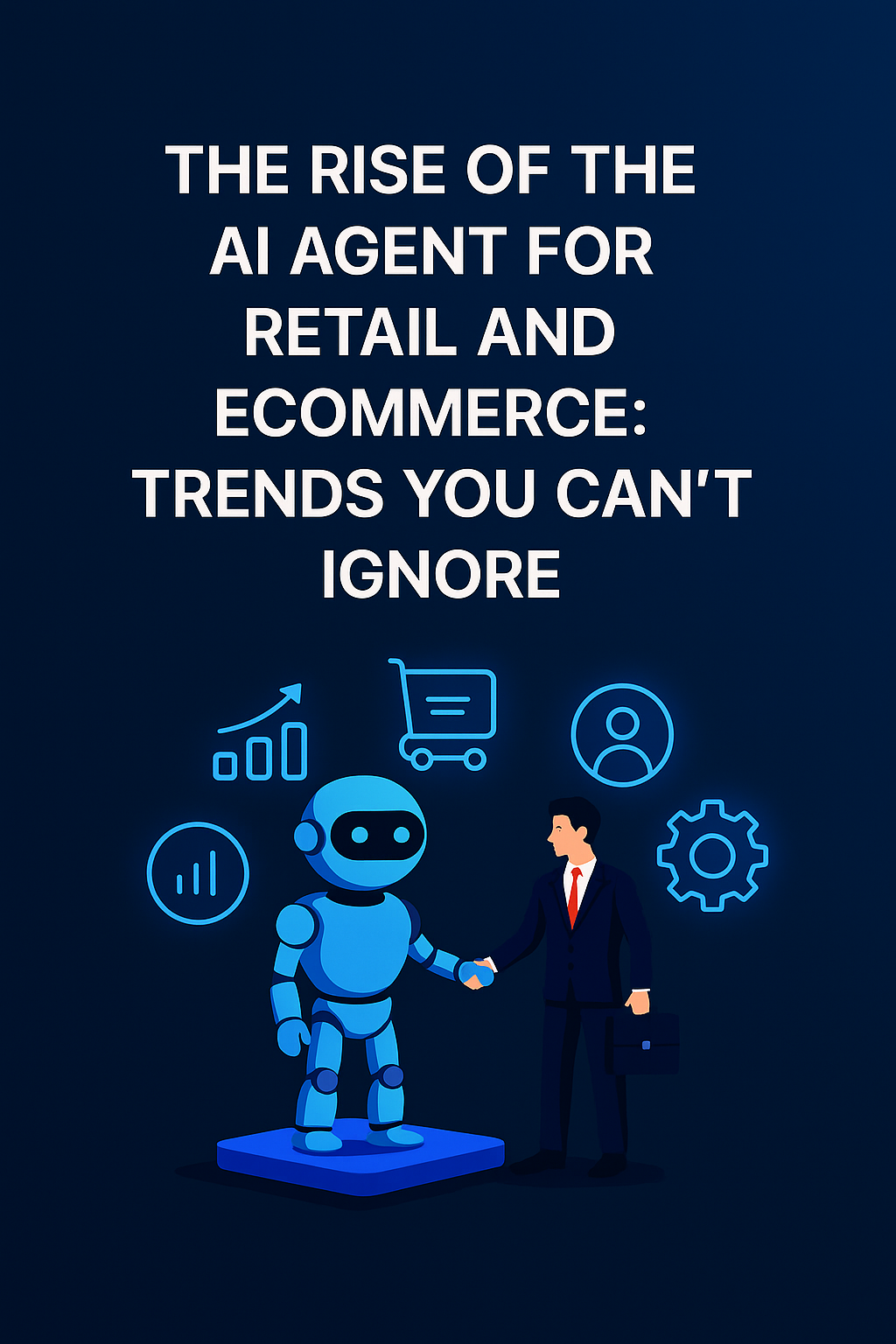AI Agents & the New Era of Personalized Shopping Journeys

AI Agents & the New Era of Personalized Shopping Journeys
In today’s hyper-connected digital economy, delivering a unique, tailored experience has become the new gold standard in retail and ecommerce. Consumers no longer settle for basic customer service—they expect experiences that are intuitive, predictive, and distinctly personal. At the heart of this transformation lies a groundbreaking innovation: the AI agent for retail and ecommerce. These intelligent systems are redefining how brands interact with their customers, offering a new era of personalized shopping journeys driven by artificial intelligence, data analytics, and machine learning.
An AI agent for retail and ecommerce is not merely a support tool; it’s a digital companion capable of engaging with customers across all touchpoints—from initial discovery through to post-purchase service. These agents are revolutionizing the customer journey by adapting in real-time, learning from user behavior, and delivering precise interactions that reflect individual needs and preferences.
The Role of AI Agents in Personalizing the Customer Journey
AI agents play a critical role in shaping and enhancing the entire customer experience. Their influence spans all phases of the shopping lifecycle:
Discovery: During the initial browsing phase, AI agents analyze browsing patterns, previous purchases, demographic data, and contextual inputs to recommend relevant products. Instead of bombarding the user with generic promotions, they present meaningful suggestions tailored to each individual.
Evaluation: AI agents assist customers in comparing options, answering complex queries, and guiding decision-making. Their ability to access real-time inventory and review data enables them to provide insightful answers faster than human counterparts.
Purchase: Whether it's guiding users through complicated checkout processes, applying promotions, validating delivery addresses, or suggesting upsells, AI agents streamline purchasing to reduce drop-offs and improve conversion.
Post-Purchase Support: AI agents continue engagement even after the sale is complete—assisting with order tracking, managing returns, soliciting feedback, and offering recommendations for future purchases.
Loyalty Building: By recognizing returning customers, offering exclusive rewards, and remembering preferences, AI agents play a pivotal role in building loyalty and enhancing customer retention.
Why AI Agents Are Vital for Modern Retail and Ecommerce
Modern retail and ecommerce environments face challenges that demand intelligent solutions:
Customer Expectations: Instant, accurate, and personalized service is expected at all times.
Omnichannel Complexity: With consumers navigating across websites, apps, social media, and physical stores, AI agents provide a consistent and seamless experience.
Data Overload: AI agents transform massive volumes of data into actionable insights, allowing businesses to react quickly and intelligently.
Workforce Efficiency: Automating routine tasks enables human staff to focus on high-value interactions.
By embedding AI agents in their operations, retailers and ecommerce platforms can respond dynamically to ever-changing consumer demands while improving operational efficiency.
Real-World Use Cases of AI Agents for Retail and Ecommerce
1. Hyper-Personalized Product Discovery
Imagine a shopper landing on a retail site looking for skincare. An AI agent greets them, asks about their skin type, and recommends specific products based on weather, purchase history, and trending ingredients. This level of curation increases engagement and boosts sales.
2. Smart Upselling and Cross-Selling
When a customer adds running shoes to their cart, the AI agent might suggest compatible socks or fitness trackers. These targeted suggestions are contextually relevant and personalized, increasing the average order value.
3. Multilingual Support for Global Expansion
Retailers with international customers benefit from AI agents that fluently interact in multiple languages, making the brand accessible to a wider audience without expanding call center resources.
4. Abandoned Cart Recovery
If a customer abandons their cart, the AI agent can send a proactive message—perhaps offering a small discount or sharing a restock notification—to reignite interest and drive conversion.
5. Omnichannel Customer Support
From chat widgets on websites to social media platforms and voice interfaces, AI agents maintain a unified brand tone and knowledge base, delivering consistent and efficient support across all platforms.
The Technology Behind AI Agents
The effectiveness of AI agents in retail and ecommerce is powered by cutting-edge technologies:
Natural Language Processing (NLP): Helps AI agents understand and respond to human queries naturally.
Machine Learning (ML): Continuously improves responses based on interactions and outcomes.
Predictive Analytics: Anticipates customer needs and behavior based on past actions.
Sentiment Analysis: Reads emotional cues and adapts tone accordingly.
Computer Vision: Enables image-based search or AR-assisted shopping experiences.
Together, these capabilities make AI agents far superior to traditional chatbots.
Strategic Benefits for Brands
The integration of an AI agent for retail and ecommerce results in measurable benefits:
Higher Conversion Rates: Personalized interactions guide customers toward completing purchases.
Reduced Operational Costs: Automating support reduces reliance on large human teams.
Faster Response Times: AI agents offer instant replies, keeping customers engaged.
Better Customer Insights: AI agents collect and analyze data to inform future marketing and product strategies.
Improved Retention: Continuous engagement and tailored loyalty programs keep customers coming back.
Implementation Tips for AI-Driven Personalization
To successfully deploy AI agents and maximize their impact:
1. Start with Clear Objectives: Know what you aim to achieve—whether it's boosting sales, enhancing service, or improving retention.
2. Choose Scalable Technology: Invest in AI platforms that grow with your business needs.
3. Ensure Seamless Integration: Your AI agent should connect with your CRM, ERP, inventory, and ecommerce systems.
4. Train Extensively: Feed your AI agent with robust datasets for accuracy and relevance.
5. Monitor and Iterate: Use KPIs such as CSAT, AOV, and churn rates to refine your AI agent continuously.
Looking Forward: The Future of Retail and Ecommerce with AI Agents
As technology continues to evolve, AI agents will become even more intelligent and human-like. We can expect:
Emotionally Aware Agents that adjust tone and language based on customer sentiment.
Voice-First Interfaces allowing hands-free shopping.
AR/VR Integration enabling immersive product experiences within AI conversations.
Unified Digital Avatars that follow customers across apps, devices, and channels.
The future of retail is not just digital—it is personal, predictive, and powered by AI agents.
Conclusion
AI agents for retail and ecommerce are transforming the shopping experience by delivering hyper-personalized, responsive, and seamless journeys. They are no longer futuristic concepts but critical tools that enable retailers to meet evolving customer expectations, reduce operational burdens, and stay ahead in a competitive landscape.
Retailers that embrace this technology will not only enhance customer satisfaction but also future-proof their businesses for the demands of the next generation of shoppers. As we enter this new era of personalized commerce, AI agents stand as the linchpin of success—driving intelligent conversations that convert browsers into loyal buyers and one-time purchases into lasting relationships.
Note: IndiBlogHub features both user-submitted and editorial content. We do not verify third-party contributions. Read our Disclaimer and Privacy Policyfor details.







